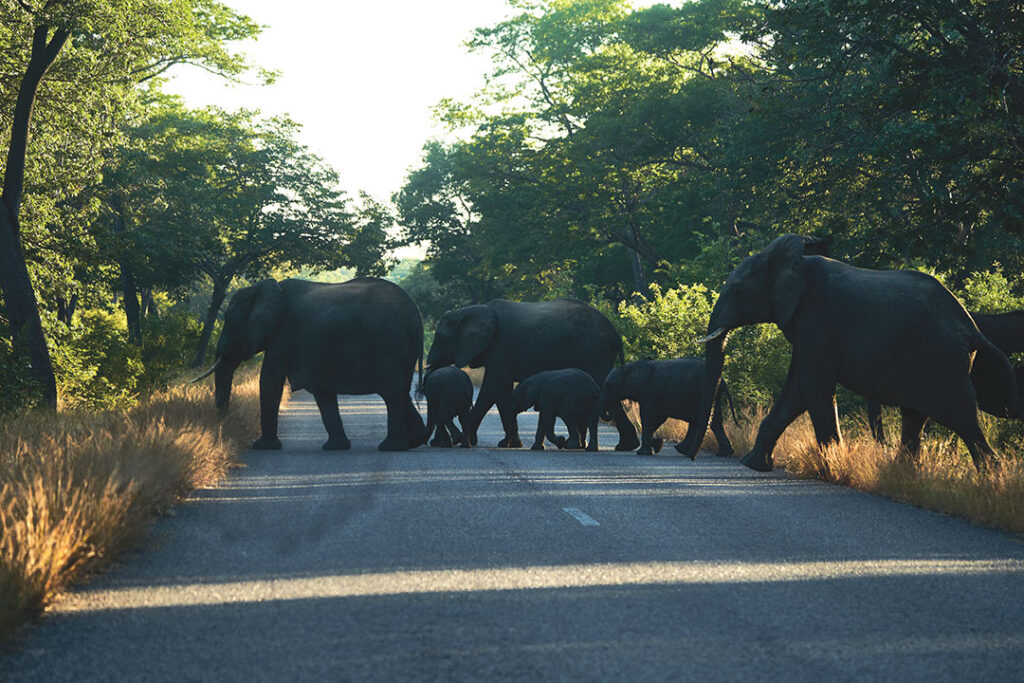AGENCE FRANCE-PRESSE
Hanganani Gideon Dube, 75, has walked with a slight limp and his speech has been labored since he miraculously survived being trampled by an elephant in northwestern Zimbabwe.
He considers himself lucky to be alive after the incident in May 2021 near Mabale village on the outskirts of Hwange National Park. The injuries have left him unable to provide for his family of six.
Dube was tending his cattle when “suddenly I found myself face to face with an elephant.” He sprinted off, without realizing he was running straight into the path of another elephant. “There was no time for me to evade the second elephant. It attacked me swiftly, and I blacked out,” he said.
“I am lucky to be alive, but I am now useless as I can no longer do any physical work, including looking after my cattle.”
At least 60 people were killed by elephants in Zimbabwe between January and late May 2022, compared with 72 over all of 2021. Zimbabwe’s success at conservation has increased conflict between elephants and people.
With about 100,000 elephants, Zimbabwe has the world’s second-largest population after Botswana, and about one-quarter of the elephants in all of Africa.
More than half of the elephants live in and outside the unfenced Hwange wildlife park.
Elephants roam freely from Zimbabwe’s sprawling and unfenced game reserves. It is common to find herds crossing or resting along the main highway from Hwange to Victoria Falls.
The elephant population in Zimbabwe is growing at about 5% per year, reaching unsustainable levels.
Zimbabwe, along with Botswana, Namibia and Zambia, wants the United Nations Convention on International Trade in Endangered Species of Wild Fauna and Flora, commonly referred to as CITES, to lift the ban on the ivory trade.
The countries argue that scrapping the ban can help better preserve the animals and bring economic benefit to local communities who live close to them. Conservationists are wary.
“Our conservation methods are working, and I believe that instead of being punished we should be rewarded,” Fulton Mangwanya, the Zimbabwe Parks and Wildlife Management Authority director, told Agence France-Presse while at a conference in Hwange, where the government was lobbying for legal ivory trade.

